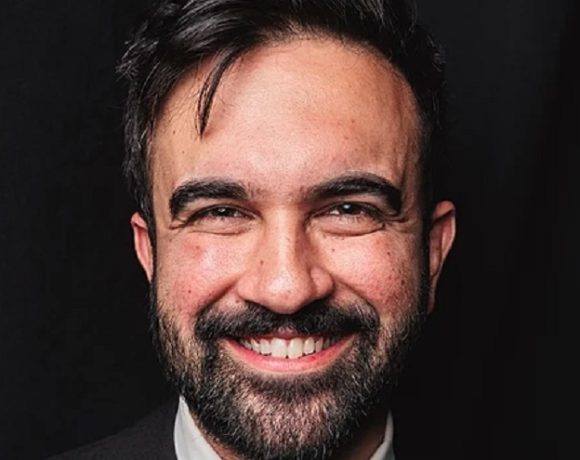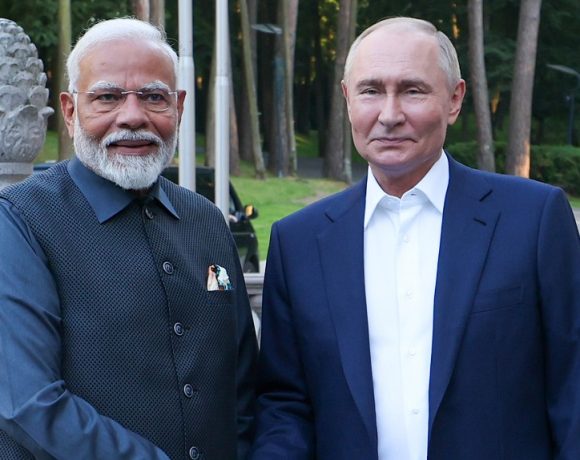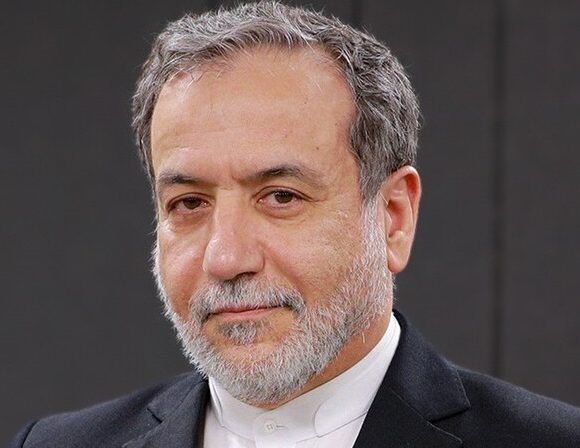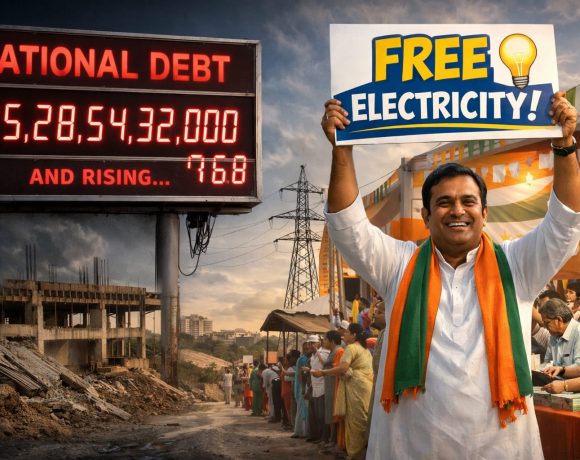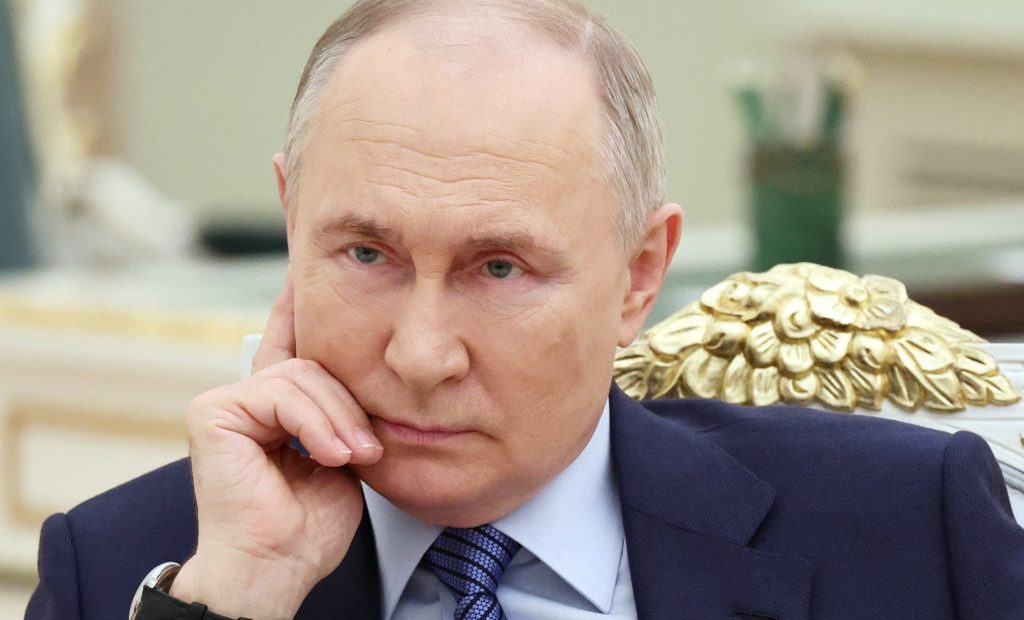
Putin Offers Peace Talks, Promises Military Budget Cuts
In a significant policy shift, Russian President Vladimir Putin has expressed readiness to resume peace negotiations with Ukraine while also announcing plans to scale back military expenditure. The twin announcements mark a notable departure from Moscow’s aggressive posture in recent years, reflecting the economic strain that the prolonged conflict and defense buildup have imposed on Russia.
Peace Dialogue Back on Table
Putin stated that Moscow remains in contact with Ukrainian counterparts and is open to engaging in further talks, possibly in Istanbul. Although he acknowledged that the two sides had exchanged fundamentally opposing negotiation drafts, he suggested that continued dialogue could help bridge those differences. He also confirmed that Russia is prepared to return the remains of 3,000 Ukrainian soldiers as a humanitarian gesture aimed at building confidence in the negotiation process.
This outreach comes amid months of military stalemate, rising casualties, and diplomatic deadlock, raising questions about whether Moscow is positioning itself for a strategic recalibration.
Defence Budget to Be Trimmed
Alongside his diplomatic remarks, Putin announced a major policy decision to begin reducing Russia’s military spending from next year, with the reduction continuing over a three-year period. He noted that the defence budget, which had surged to 6.3% of GDP in 2025 and now consumes nearly a third of the federal budget, is no longer sustainable. This overextension, he admitted, has significantly contributed to inflation, resource imbalances, and long-term economic vulnerabilities.
Putin contrasted Russia’s planned cuts with NATO’s increased defence targets of up to 5% of GDP, warning that a global arms race could drain national resources and destabilize economic recovery efforts worldwide.
Economic Realities Driving Change
The announcements come against the backdrop of growing economic headwinds. High inflation, weakened energy revenues, and a fiscal deficit nearing 1.7% of GDP have put pressure on the Kremlin to rethink its financial strategy. Russia’s central bank has kept interest rates elevated above 20% in an effort to curb price rises. Meanwhile, reserve funds are being tapped to fill budgetary gaps caused by wartime expenditures.
Putin’s comments appear to reflect mounting internal pressure from economists and policy advisors who have warned that continued defense overreach could stifle growth, drain reserves, and damage long-term competitiveness.
Global Reactions and Uncertainty
While some analysts interpret the announcements as a pragmatic pivot, skepticism remains. Critics point out that similar peace overtures in the past have often served as tactical maneuvers rather than genuine efforts toward de-escalation. Questions also remain about whether planned military cuts will translate into actual reductions in deployment, production, or defense procurement.
Still, the dual messaging—of openness to diplomacy and a commitment to ease military burdens—represents one of the clearest signals yet that the Kremlin may be preparing for a recalibration of its wartime policy. Whether this shift leads to real change on the ground will depend on the sincerity of the negotiation process and the Kremlin’s ability to follow through on its budgetary promises.


